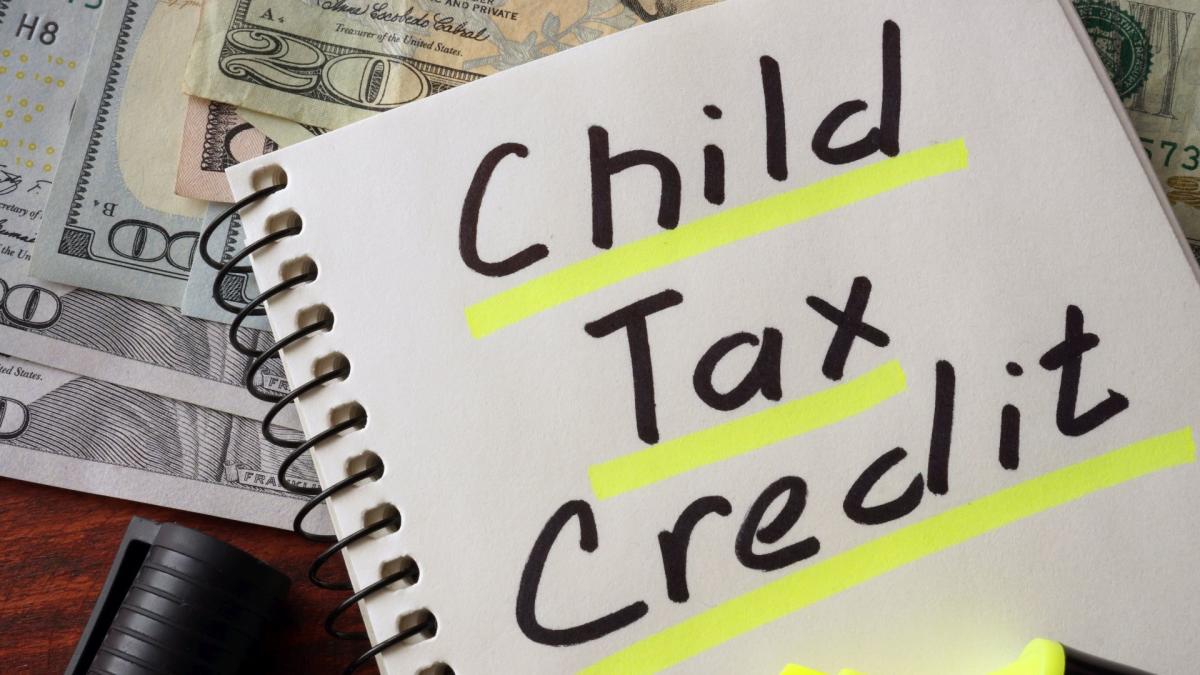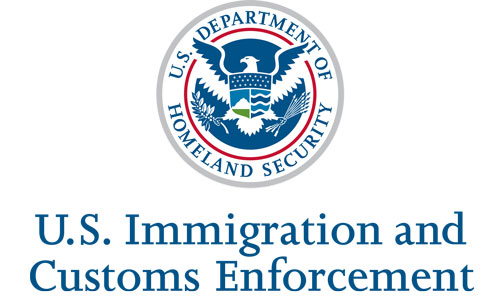Federal Impact: Congress Is Considering Expansion

Child Tax Credits Checks in 2024: Out of 15 States, Are You Qualified? (Yahoo Finance)
Child Tax Credits: State Expansion for 15 States Who Are Qualified.
In the landscape of child tax credits, parents may be eligible for both federal and state payments, with Wisconsin becoming the latest addition to 15 other states providing additional child tax credit funds this year. Moreover, there is active consideration in Congress to expand the federal child tax credit, with a focus on raising the maximum refundable amount.
Leaders in Minnesota foresee an average child tax credit of approximately $1,200, estimating that about 300,000 residents will qualify for this benefit. Several states, including California, Massachusetts, and New Jersey, have introduced child tax credits beyond the federal offering. These states plan to distribute child tax credit checks to eligible families in 2024, with a note that not all credits are fully refundable, requiring a qualifying income for recipients to receive the full owed amount.
READ ASLO: $78 Billion Tax Bill: Restoring Research Credit Amid Uncertain Senate Future – Defense Industry Fights!
Child Tax Credits Across States: A Comprehensive Overview
Here’s an overview of child tax credits in various states:
- In Arizona, families can receive a non-refundable $100 credit for dependents under age 17, with an additional $25 per dependent above 17 years old.
- California provides families earning less than $25,000 with a potential $1,000 credit, which is reduced for those earning between $25,000 and $30,000. This credit is specifically for children under age 6, subject to eligibility for the California Earned Income Tax Credit.
- Colorado allows families with incomes of $75,000 or less ($85,000 for married taxpayers filing jointly) to receive up to $1,200 for each qualifying child, limited to children under age 6.
- In Idaho, families under the nonrefundable child tax credit can receive $205 for each qualifying child under 16.
- Maine residents can claim $300 for each qualifying child and dependent under the dependent exemption tax credit, aligning with federal child tax credit criteria.
- Maryland offers a $500 refundable tax credit for each qualifying child under 17 years old to those with incomes of $6,000 or less.
- Massachusetts provides $180 for one dependent or $360 for multiple dependents, with the dependents required to be under 12 years old.
- Minnesota families can receive $1,750 per qualifying child, with the credit phasing out for certain income thresholds.
- New Jersey families with an income of $30,000 or less can receive a refundable $500 tax credit for each child under 6 years old, with households earning up to $80,000 potentially qualifying for $300.
- In New Mexico, eligible families could receive $25 to $600 per qualifying child, depending on income, through the 2031 tax year.
- New York allows eligible families to claim either 33% of the federal child tax credit or $100 for each qualifying child. The coverage has expanded to include children under age 4.
- Oklahoma households with an income less than $100,000 can get 5% of the federal child tax credit.
- Oregon families with an income less than $30,000 can receive $1,000 for each child under age 5.
- Eligible households in Utah can receive $1,000 per child between the ages of 1 and 4 years old, with the amount decreasing based on income thresholds.
- Vermont households with an income less than $125,000 are eligible for $1,000 per child under age 5.
- Under a new bill in Wisconsin, families can now receive between $2,000 and $3,500 for one qualifying dependent and between $4,000 and $7,000 for two or more qualifying dependents.
This list will be continually updated as more states decide to distribute child tax credit payments. Additionally, as Congress discusses a potential expansion to the child tax credit for tax years 2023 through 2025, individuals may be contemplating whether to delay filing their tax returns or proceed, especially if claiming the credit. The evolving situation requires attention, and our aim is to guide you through the pertinent information for this tax season, using news report terminology.
READ ALSO: Basic Income Program – Arizona A Battle For Financial Support!
































